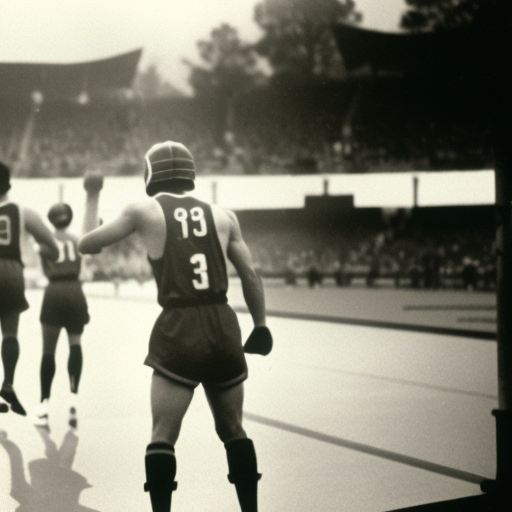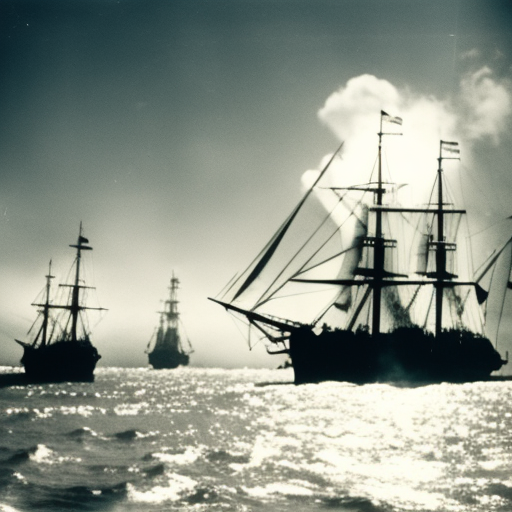Summary:
The 1936 Summer Olympics, held in Berlin, Germany, were a significant event in history due to their association with Adolf Hitler and the Nazi regime. Despite initial concerns about boycotting the games, they proceeded as planned and showcased Nazi propaganda. The Olympics saw the rise of African American athlete Jesse Owens, who won four gold medals and challenged Hitler’s Aryan supremacy ideology. The games also witnessed the introduction of the Olympic torch relay, which has since become a symbol of the modern Olympic Games.
Background:
The 1936 Summer Olympics were awarded to Berlin in 1931, before the Nazi Party came to power in Germany. However, as the games approached, concerns arose about the Nazi regime’s policies and treatment of Jews. Many countries debated boycotting the Olympics, but ultimately decided to participate, believing that the games could be used as a platform to challenge Nazi ideology.
Nazi Propaganda:
The 1936 Olympics became a showcase for Nazi propaganda. Hitler and his propaganda minister, Joseph Goebbels, used the games to promote their Aryan supremacy ideology and present Germany as a powerful nation. The Nazis built impressive stadiums and facilities, including the Olympic Stadium, to demonstrate their organizational skills and architectural prowess. The games were also the first to be televised, allowing the Nazi regime to broadcast their message to a global audience.
Jesse Owens and Aryan Supremacy:
One of the most significant moments of the 1936 Olympics was the success of African American athlete Jesse Owens. Owens won four gold medals in track and field events, defying Hitler’s belief in Aryan supremacy. His victories challenged the Nazi ideology and provided a powerful symbol of racial equality and athletic excellence. Owens’ achievements made him a hero and an inspiration to many around the world.
Olympic Torch Relay:
The 1936 Olympics introduced the Olympic torch relay, a tradition that continues to this day. The relay involved carrying the Olympic flame from Olympia, Greece, to the host city, Berlin. The torch relay symbolized the connection between the ancient Olympic Games and the modern ones, as well as the unity and peace that the Olympics aimed to promote. The relay captured the imagination of people worldwide and has since become an iconic part of the Olympic Games.
Legacy:
The 1936 Summer Olympics left a lasting impact on history. The games highlighted the power of sports as a means of challenging political ideologies and promoting unity. Jesse Owens’ victories shattered racial stereotypes and inspired generations of athletes. The Olympic torch relay became a symbol of the Olympic Games and a way to connect people across borders. The 1936 Olympics also served as a reminder of the dangers of using sports as a platform for propaganda and the importance of upholding the Olympic values of inclusivity and fair play.
In conclusion, the 1936 Summer Olympics in Berlin were a significant event in history due to their association with the Nazi regime and the rise of Jesse Owens. Despite concerns about boycotting the games, they proceeded as planned and showcased Nazi propaganda. Owens’ victories challenged Hitler’s Aryan supremacy ideology, while the introduction of the Olympic torch relay became a symbol of unity and peace. The legacy of the 1936 Olympics serves as a reminder of the power of sports to transcend political ideologies and promote equality.












